STEPS
TOOLS

3 step process for habits. 1. Cue, a trigger that tells your brain to go into auto-pilot mode. 2. Routine that can be physical, mental or emotional. 3. Reward worth remembering the habit.
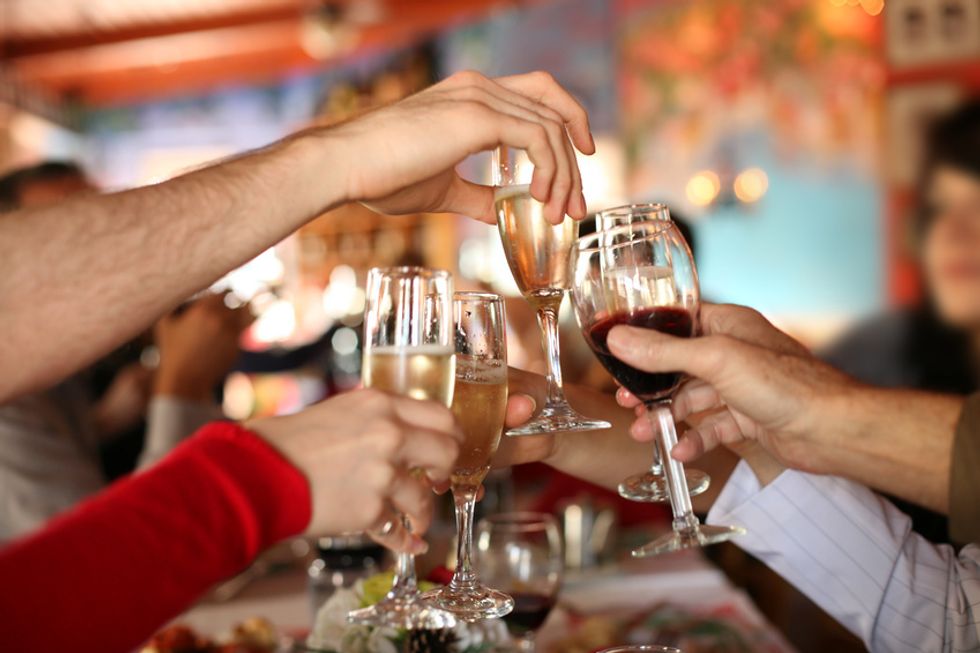
When a habit emerges, a cue sets off behavior. Over time, and the brain stops participating in the decision making. Habits become more automatic + create neurological cravings.
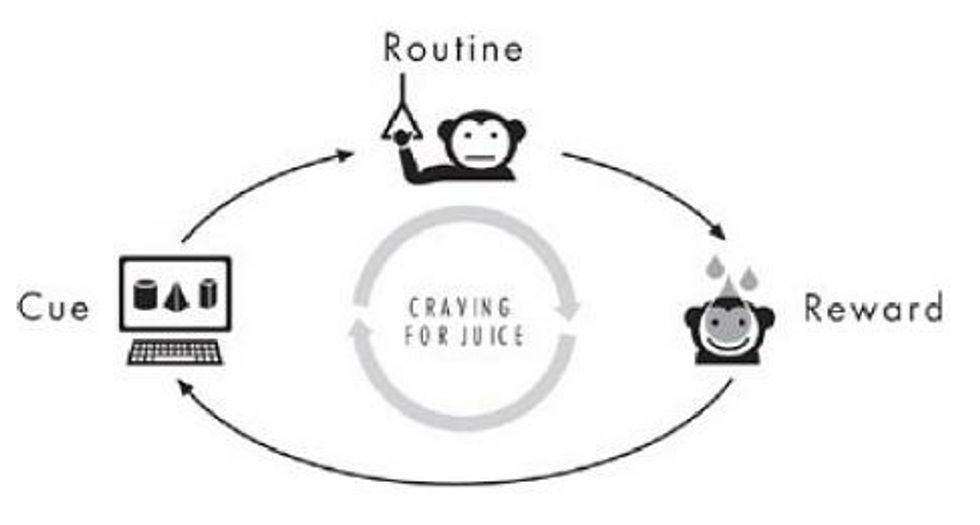
The cue + reward become intertwined until a powerful sense of anticipation and craving sets in, now the response becomes automatic.
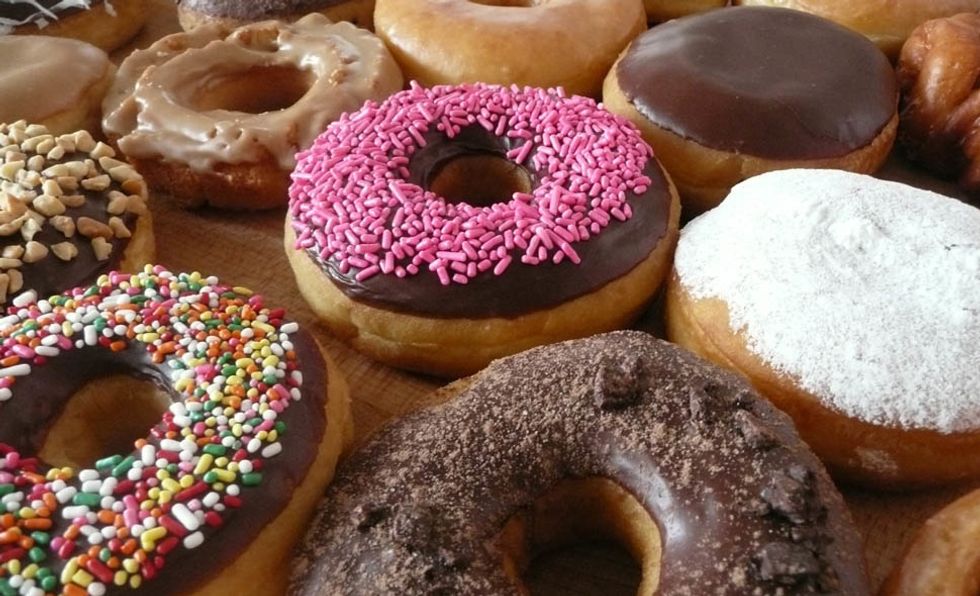
When you experience the cue but don't receive the reward your brain goes into a pattern of desire and frustration. You feel disappointed. If the habit is not strong, you can distract yourself.

If you have developed a strong habit, distractions won't work because the anticipation + cravings are overwhelming. It is easier to modify a habit than to stop it totally.
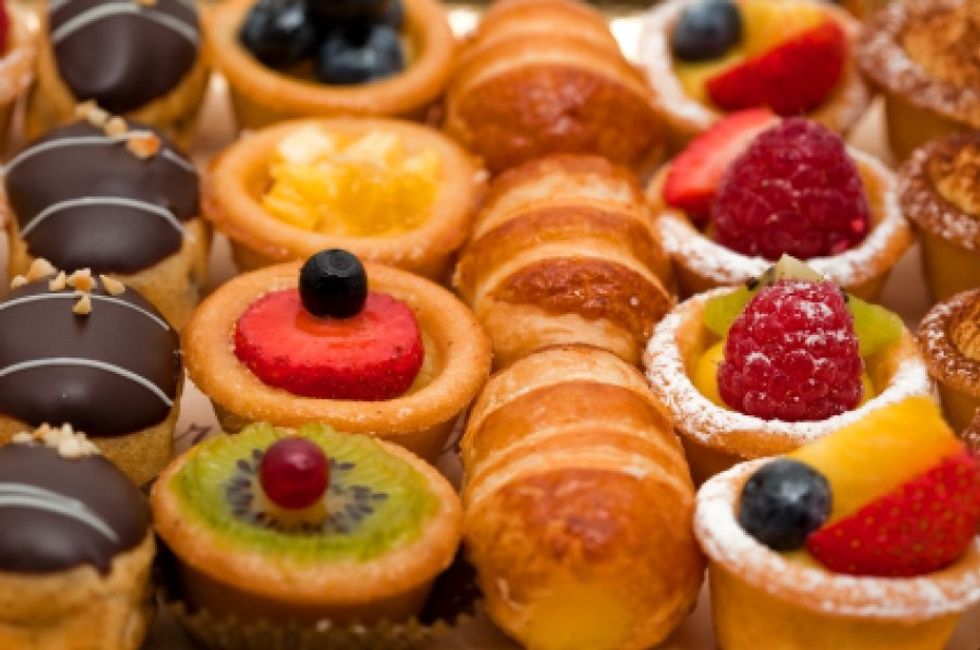
The Golden Rule: You cannot get rid of habits, you can only change them. To change a habit you must keep the cue and still provide the reward but you insert a new routine/behavior.
A cue is what gets you into the habitual behavior to get to the reward. Cues are usually in one of five categories: Time, Place, Presence of People, Emotion, Specific Preceeding Action.
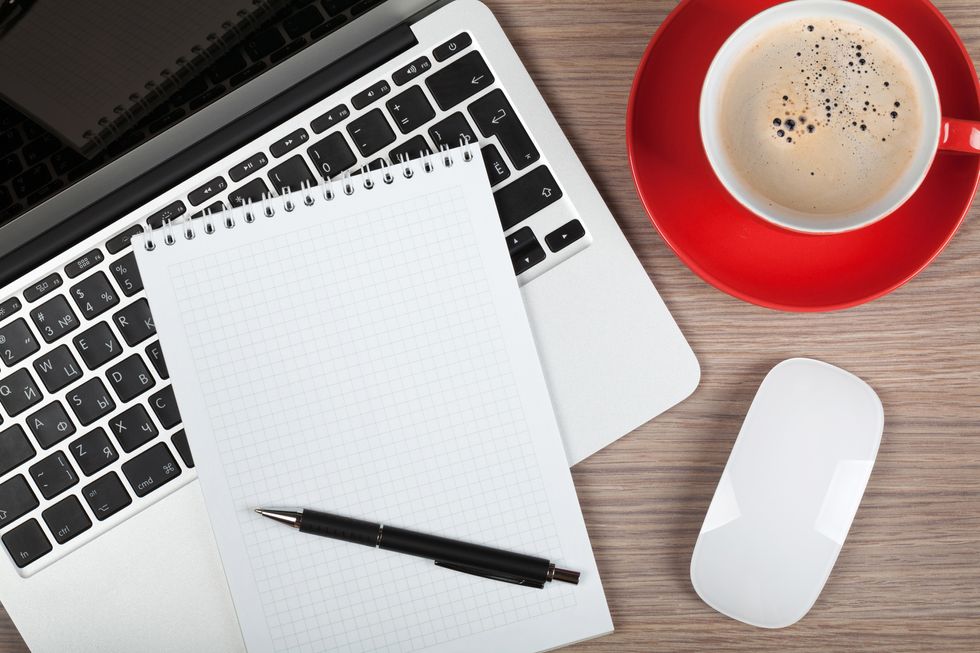
Think of a habit you would like to change. Can you identify the cue that sets off the behavior? What is the payoff, the reward?

Once you're aware of how your habit works, once you recognize the cues and rewards, you're half way to changing it. Set up new routines that provide similar payoffs.
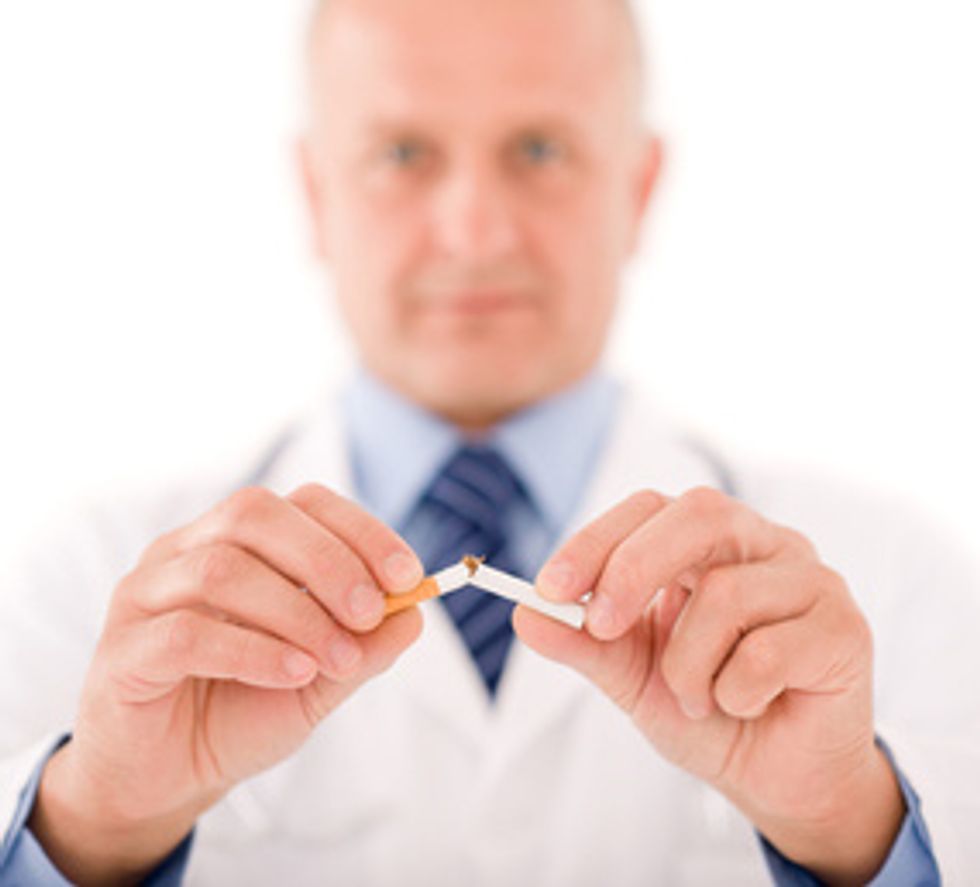
Identify the cues and rewards - If you want to quit smoking, what is cue that causes the routine? Do you love nicotine, need a break, the burst of stimulation or like the social aspects of smoking?
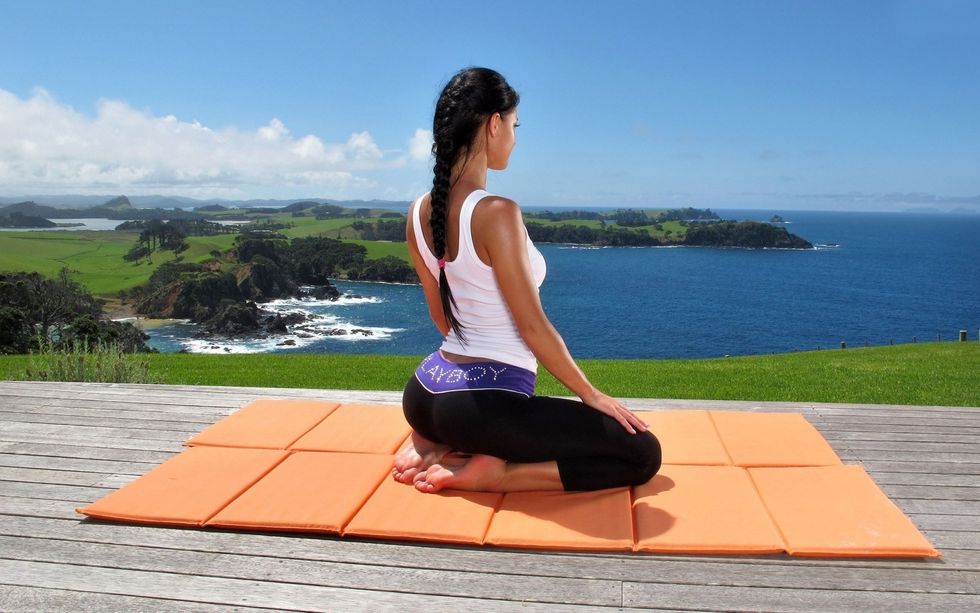
Choose a simple cue (like always lacing up your sneakers before breakfast or always going for a run at the same time of day) and a clear reward (a sense of accomplishment from recording your miles).
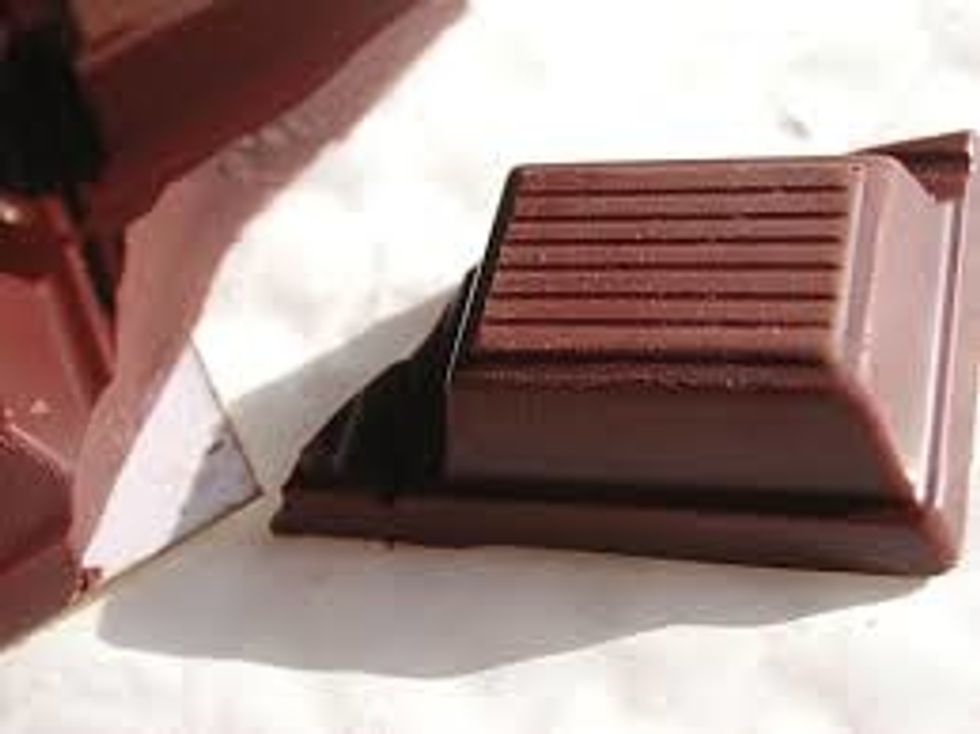
At first, the rewards inherent in exercise aren't enough. To teach your brain to associate exercise with a reward, give yourself something you enjoy, like a piece of chocolate after your workout.

Eventually, your brain will start expecting the reward inherent in exercise ("It's 5 o'clock. Three miles down! Endorphin rush!") and you won't need the chocolate anymore.

Get into the habit of starting and begin with small movements toward the goal. If you want to start exercising, you can start with something easy like putting on your workout clothes/shoes.
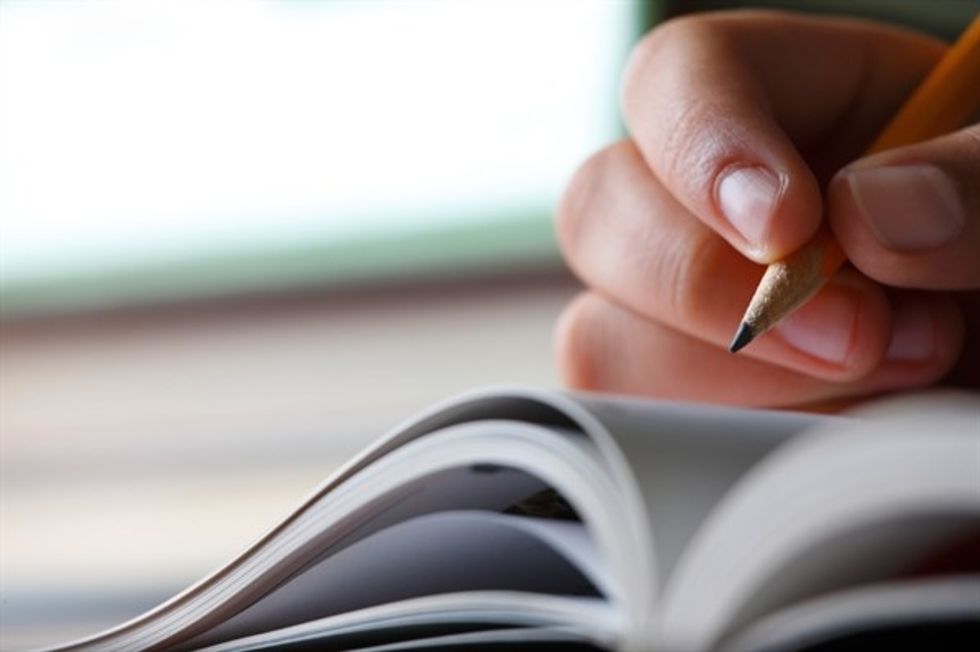
Form the habit of starting, and you’ll get good at forming habits. If you have to study, just open up the book or sit at the computer. Just do 3 pushups or walk/jog for just one minute.

Do two weeks of 1-2 minutes of exercise to build a strong foundation. Add another week or two, and the habit is almost ingrained. Once the habit is strong, you can add a few minutes here and there.
- Cue
- Routine
- Reward
- New Routine that replaces the old one